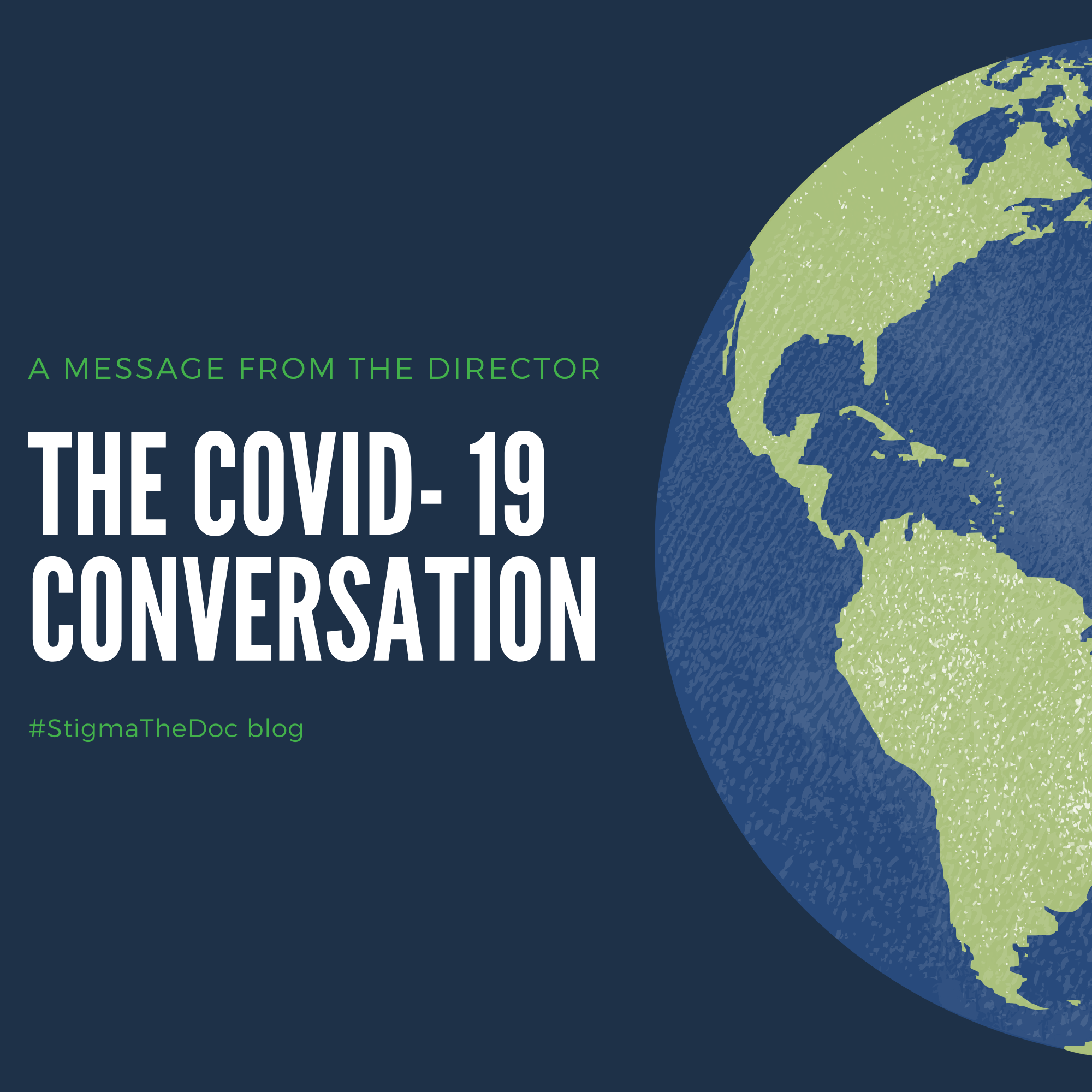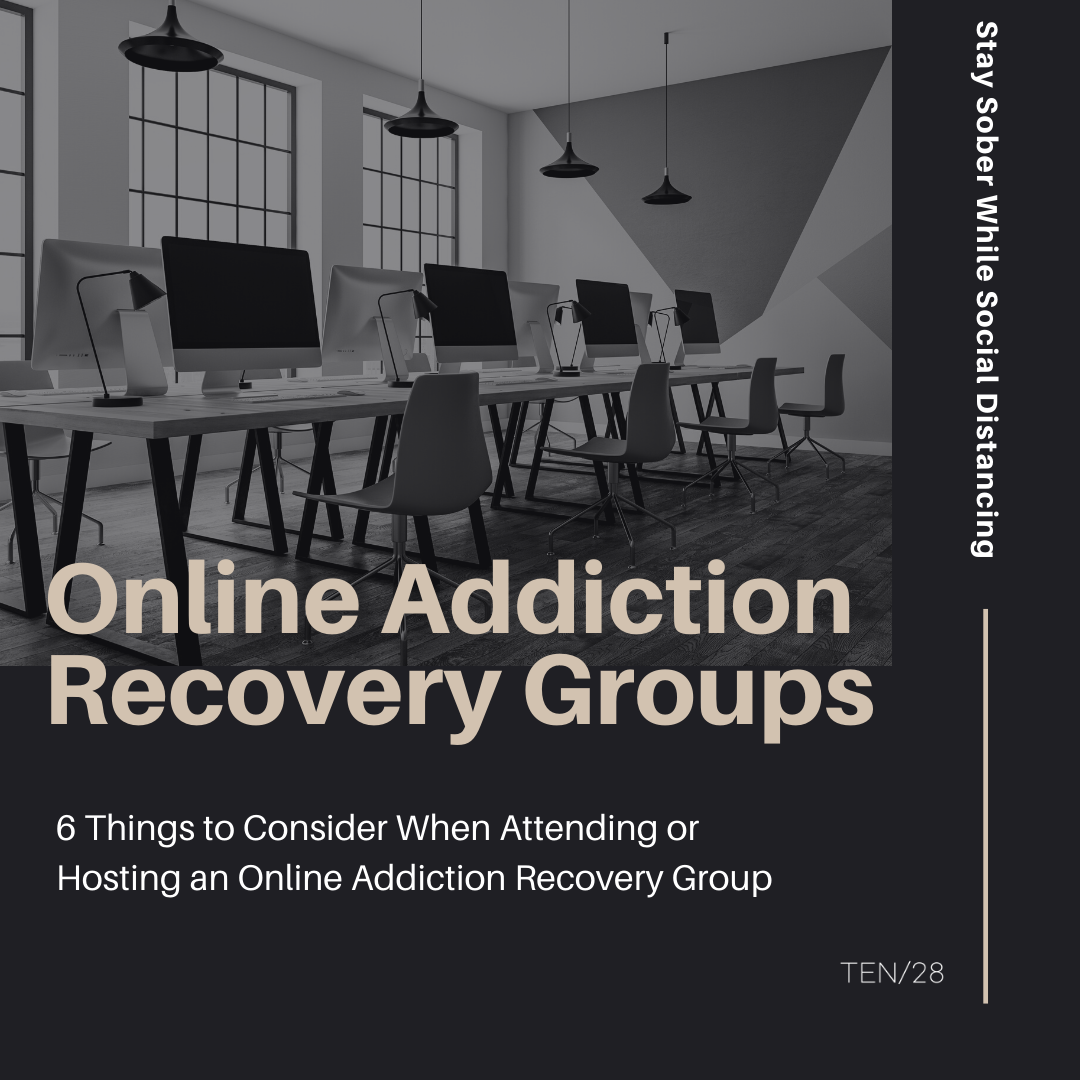Covid-19: The National Conversation
The national conversation is ever changing. A year ago the world was talking about mass shootings in mosques in Christchurch, New Zealand. The United States was talking about the Mueller Investigation and parents were cheating the system to get their children into better colleges. Oh, there was also a world wide student walk out for climate change inspired by Swedish teenage activist, Greta Thunberg.
I am reminded of the quote, “The human brain is able to comprehend things larger than a grain of sand and smaller than a mountain.” In this world of social media and social awareness, we are being pulled in every direction with little time to stop and reflect on the entire story, the situation, the socio-economic implications or the cultural traditions and customs. It is difficult to comprehend, let alone form, a solid opinion with so much going on.
Our minds begin believing the world is actually on fire and will end at a moment’s notice.
Right now the global conversation is on Covid-19. It’s what the old guard of marketing called top of mind awareness. My wife said the other day, “It feels like we’re in the first 15 minutes of a Hollywood blockbuster disaster movie like 2012 or World War Z.” The world is zeroed in on questions, solutions, causes and blame.
I get it. No one wants to get sick or die from this virus with no known vaccine. Yes, it’s important.
However, if I am honest, as a film director, I must keep focus on the film about the stigma associated with Substance Use Disorder. Not to compare to the anxiety of the present moment, but to keep in the forefront of my own mind that about every 11 minutes someone in this country dies of an opioid overdose.
Sit with that for a second. Every 11 minutes.
When I compare that to the amount of time I spend on social media everyday, SEVEN people die while I scroll, like, hashtag and post. At the risk of serving up a platitude, that is a sobering thought.
The causes of people’s Substance Use Disorder vary, but the common thread is rooted in shame and stigmatization by society.
From the book The Stigma of Addiction: An Essential Guide in the chapter “Stigma of Addiction in the Media,” the authors explain, “[The] body of research suggests that media depictions of people with addiction emphasizing negative traits, such as weak moral character or propensity for violence, may increase stigma; media depictions emphasizing positive traits, such as perseverance and determination in the face of adversity and/or successful recovery, may decrease stigma.”
So, what’s your point Skip? That’s what you’re thinking…
Every story has a hero and a villain. In the case of Covid-19, the villain is the virus itself. We are all rooting for everyone who contracts it to recover and no longer have the need for social distancing. The purpose of our documentary is to bring society to a place where we also root for those with Substance Use Disorder to recover and embrace those affected instead of shaming them into self isolation.


